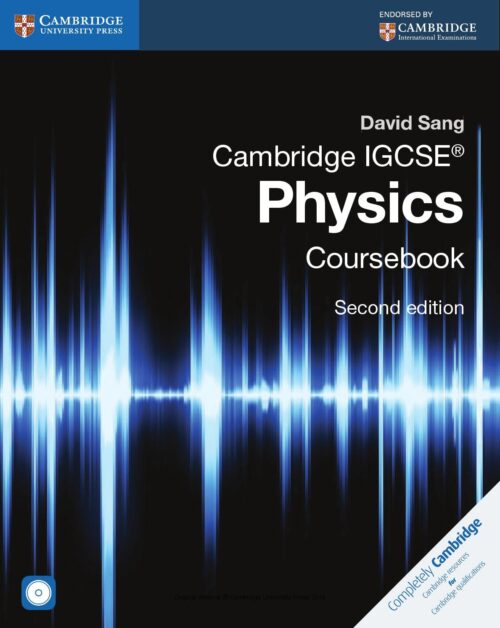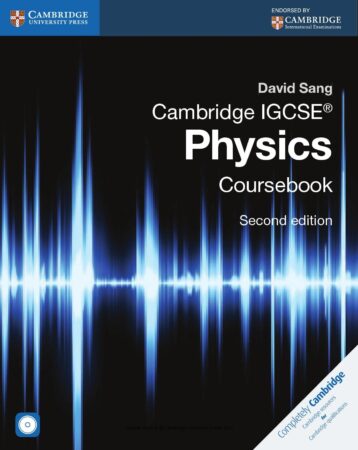
Physics code 0625
IGCSE Physics Code 0625 Syllabus and Mark Scheme
What is the Syllabus for IGCSE Physics 0625? Is the Syllabus the same as for IGCSE Physics 0972? Is there a difference between Physics code 0625 and 0972? The answer is yes. The Syllabus is similar for both tests. In addition, the key terms in Physics code 0625 and 0972 are interchangeable. This means that both exams are the same, and you can use the key terms in either exam to pass the test.

Exam code
The IGCSE Physics syllabus can be found here. The syllabus is rated A* to G, 9 to 1 (with A being the highest grade), and exam codes 0625 and 0972 are the relevant ones. Papers 1 and 2 are worth 30% of the total grade, while Paper 4 is 50%. There are three types of questions: structured-question, short-answer, and extended-answer. Listed below are tips for each type of question and tips for using a calculator.
The Wolsey Hall Guide for IGCSE Physics explains the course structure and outlines how to get the most out of the course. The Programme of Study details the links between the course syllabus and the CAIE syllabus. It is also an excellent way to learn more about the syllabus and answer questions based on it. There are also a lot of video links to accompany the course book. These study aids are free to download, and can help you prepare for your board examination.
Syllabus
The syllabus for IGCSE Physics code 0625 can be downloaded from the official website. There are two parts to the syllabus: the Core subject and the Extended subject. Paper 1 is worth 30% of the overall grade, while Paper 4 is worth 50%. Candidates must study both parts of the syllabus. The Examiners can assess the candidates’ knowledge in both areas and issue a grade accordingly. The examination will be held during June or November, and candidates who achieved grades A* to C should follow the Extended Curriculum.
The Syllabus for Physics code 0625 is the same for the two grading options: O Level and IGCSE. The syllabuses for Cambridge International Level 1/Level 2 are identical. The syllabus for Cambridge IGCSE Physics code 0625 is also available for private candidates. For the examination of IGCSE Physics code 0625, students must have an IGCSE qualification or an equivalent. The Cambridge syllabus is based on the same level as O Levels.
Mark scheme
The IGCSE Physics syllabus has been published, and includes the mark scheme for Physics code 0625. The IGCSE syllabus is graded from A* to G, nine to one, and consists of three papers: Paper 1, Paper 2, and Paper 4. The question papers are worth 30% of the overall mark and are structured-question papers. The mark scheme for Physics code 0625 is available in PDF form here. It is also available in web view.
Previous papers
If you’re preparing for the IGCSE physics examination, you need to have the previous papers for code 0625. This eBook contains 1778 questions, covering previous paper topics for the Cambridge IGCSE Physics (0625) syllabus. It can serve as a good resource for your studies, as you can use the pages as practice questions and worksheets to check your understanding of a particular topic. This eBook is also a good resource for students who are working on the syllabus for IGCSE Physics.
Resources
This IGCSE resource for the topic of Physics Code 0625 contains the most up to date information for the syllabus. Written by a highly experienced author, it offers detailed coverage of the syllabus and offers a wealth of teaching resources for the subject. The CD-ROM contains teaching ideas, practical worksheets, and the answers to the exercises in the accompanying Workbook. There are also a number of resources for Physics code 0625, based on the year of the examination.
The Edexcel International GCSE Physics 2017 past papers aren’t available until several months after the exam, but some alternatives group and HE exams do offer recent papers. Usually, the exam centres only enter students for the 0972 GCSE version of the subject, which is equivalent to the previous year’s syllabus. Private candidates can no longer sit the Edexcel International GCSE Physics exam, but can opt for the 0972 version.

Comments (0)